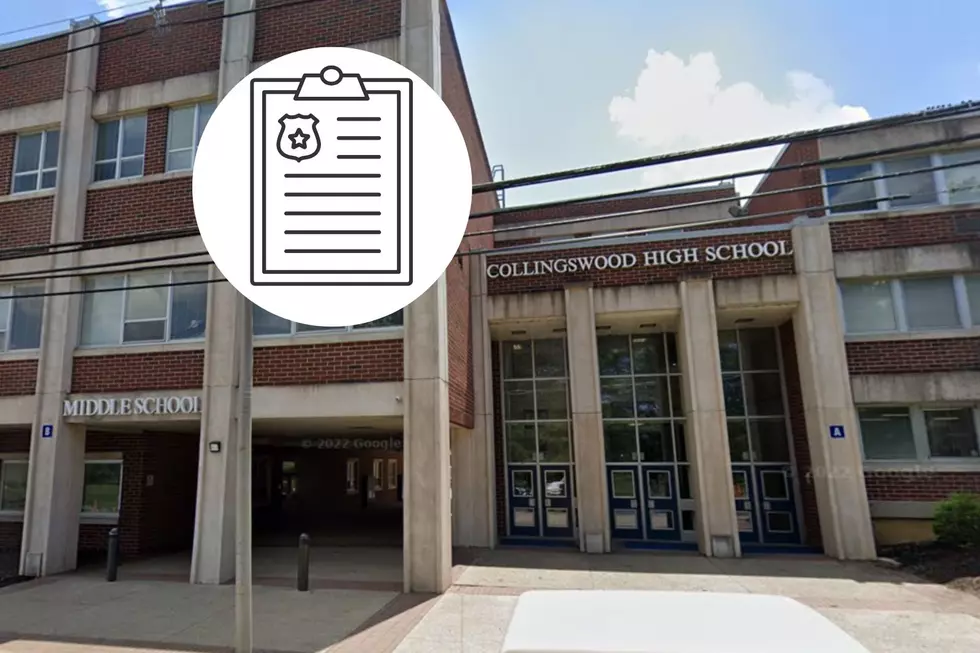
Major Retailers Allegedly Trick Customers with ‘Fake’ Sales, Study Finds
There is no doubt that it is hard to resist a good sale. But, a new study by Consumers Checkbook, or checkbook.org, has discovered that some national retailers have perpetual sales, so those sale prices are actually the real price.
If something is 40 to 50 percent off, consumers often feel like they have to grab it quickly before the item goes back to normal price. But some stores mislead customers by announcing sales that may not really reflect an actual savings.
"It's hard to say why they're doing it, but I think these stores know they aren't very good on price. They don't want their customers comparing their prices online or even against other chains, so one way to prevent that is to mislead them into thinking that there is a big sale going on when, in fact, there is always a big sale going on.The price that they're offering which is given to consumers at a sale price is just an illusion of a good price," said Kevin Brasler, executive editor of checkbook.org.
The study tracked the prices of several big ticket items at seven national chains including Best Buy, Costco, Home Depot, Kohl's, Macy's, Sears and Target for 44 weeks. Some of the stores had items on sale perpetually.
"The stores that did this the most often were Sears, where all of the items were always on sale or almost always on sale, and Kohl's where most of of the items were almost always on sale. At Macy's, all but two of the items that we tracked were on sale at least half the time and often much more than that," Brasler said. "These stores are creating the illusion that they are offering really low prices, but it's really 40 or 50 percent off the so-called regular price that they rarely ever charge."
According to a report published by NBC News on May 20, Sears and Macy's challenged the study's conclusions. Both companies said they comply with all laws and regulations and work hard to offer their customers good prices.
So, what is a consumer to do?
"The only way to know whether a sale price is a good price is to shop around. You can't trust that the sign that says it's 40 percent off is meaningful at all unless you bother to shop around," Brasler said. "The problem with these perpetual sales is that they mislead their own customers into feeling like they have to buy the item right away, when in fact, that is their usual price and they can almost always get the item for that particular price. It's just an inflated fake price that's used to deceive customers."
More From WPG Talk Radio 95.5 FM










